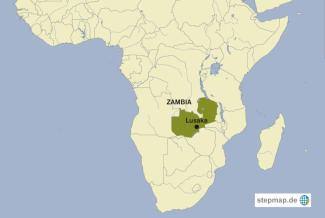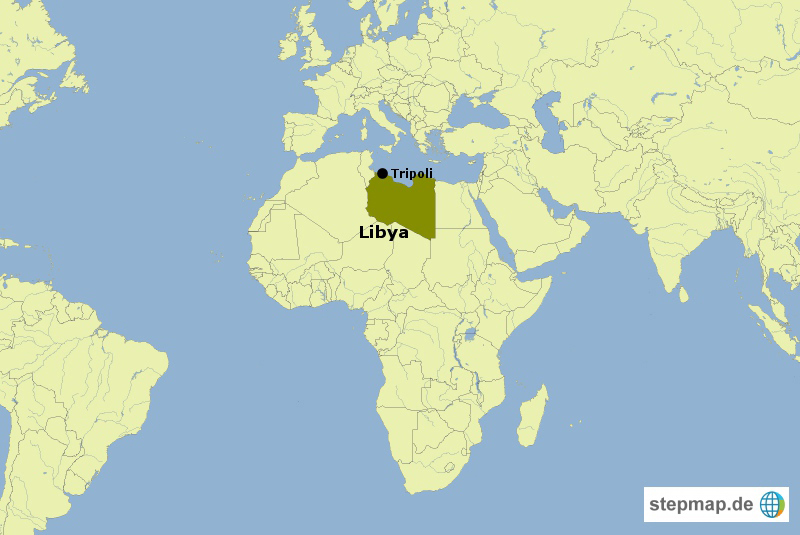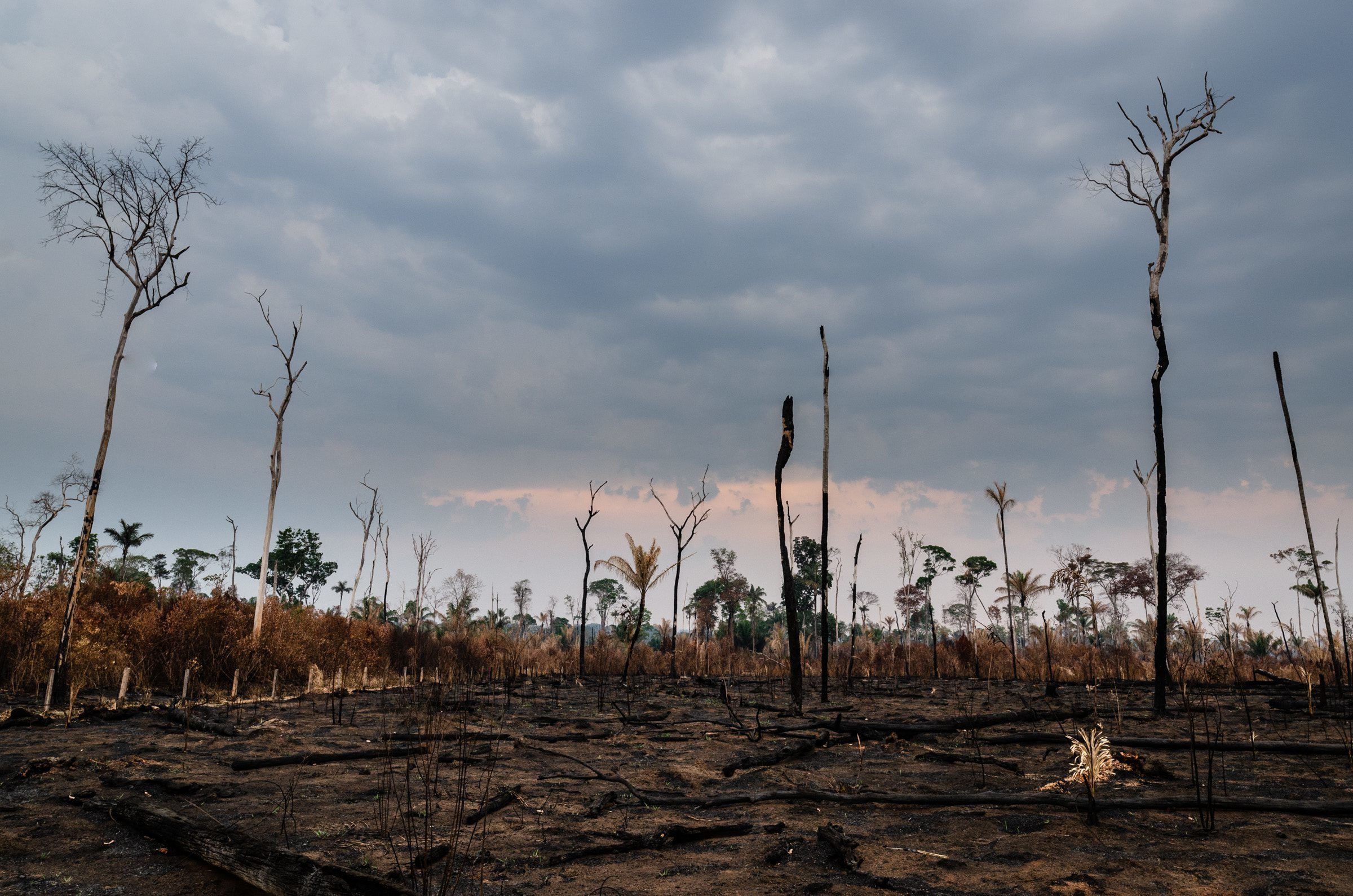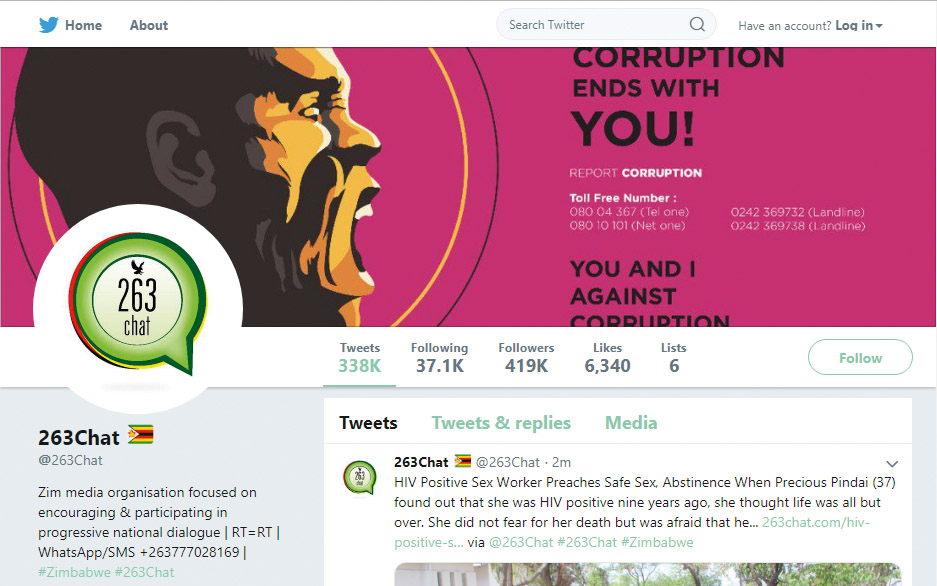New media
Stopping online harassment

Kwelela Kafunyam, a physician, was recently sent to prison for three years for defaming President Edgar Lungu on Facebook. The doctor, who was employed at Luampa Mission Hospital in Zambia’s Western Province, created a fake Facebook account on which he posted defamatory remarks. He was convicted by Mongu Magistrates’ Court of posting disturbing remarks against the president and altering images with intent of bringing the head of state’s name into disrepute.
Indeed, the government is struggling with dubious information that is being spread on the internet. Amos Chanda, the spokesperson of State House, the presidential residence, recently asked the police and ZICTA – the Zambia Information and Communication Technology Authority – to investigate fake news, which is purported to have been issued by the presidency.
Chanda is a former Zambia Daily Mail news editor. He says that from the 2016 general elections to now, several fabricated statements have been published on the web. “It is therefore urgent that a thorough investigation is carried out and decisive action taken to forestall this irresponsible and criminal behaviour,” he says. He sees public order at risk.
Politicians are not the only victims of cybercrime. Women are particularly vulnerable to online sexual harassment. Facebook users in Zambia got incensed recently when a man posted nude pictures of his girlfriend. The woman explained on social media that the man extorted money from her, threatening to post nude photos of her in the internet. When she could not cope with his monetary demands, he exposed her.
Andrew Sakala of the Press Association of Zambia says that one of the problems of online publishing is that “it is very difficult to monitor”. Another problem is that Facebook and other social-media platforms are not regarded as publishers. This is a matter of international debate. Demands to classify platforms as publishers are gaining force. The goal is to make them responsible for content. Sakala points out that the platform users, not the platforms themselves are legally liable. He adds that Zambia has “no proper laws or guidelines regarding the registration of online publishers”. At the same time, he warns that people can be found guilty of online crimes such as criminal and civil libel or propagating hate speech.
Humphrey Nkonde is the assistant editor of Icengelo magazine. He is based in Ndola, Zambia.
humphrey_nkonde@ymail.com












